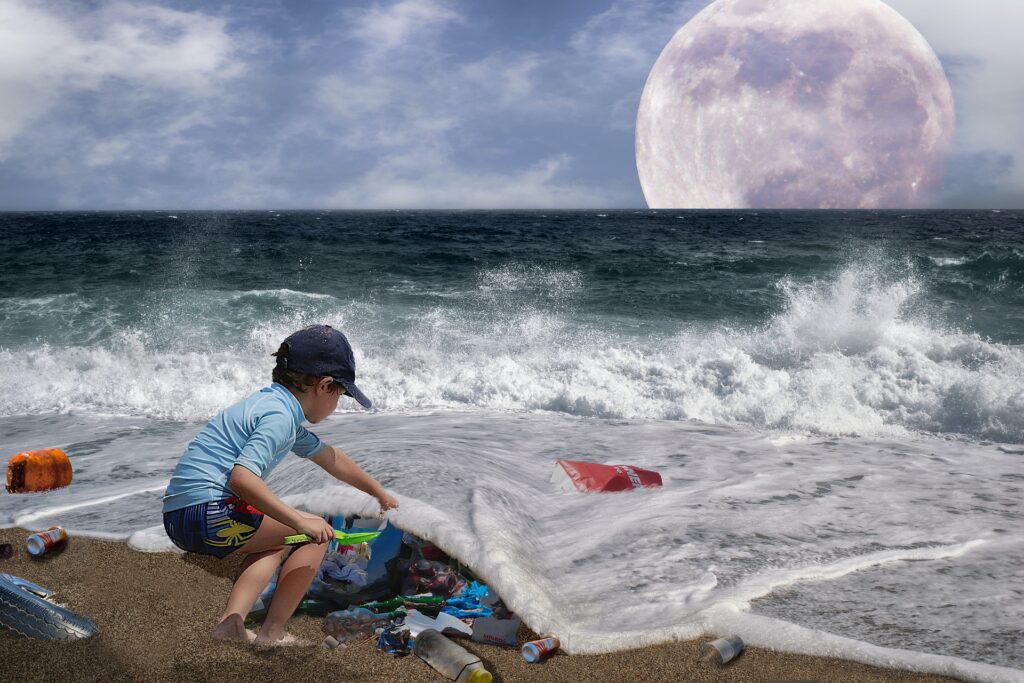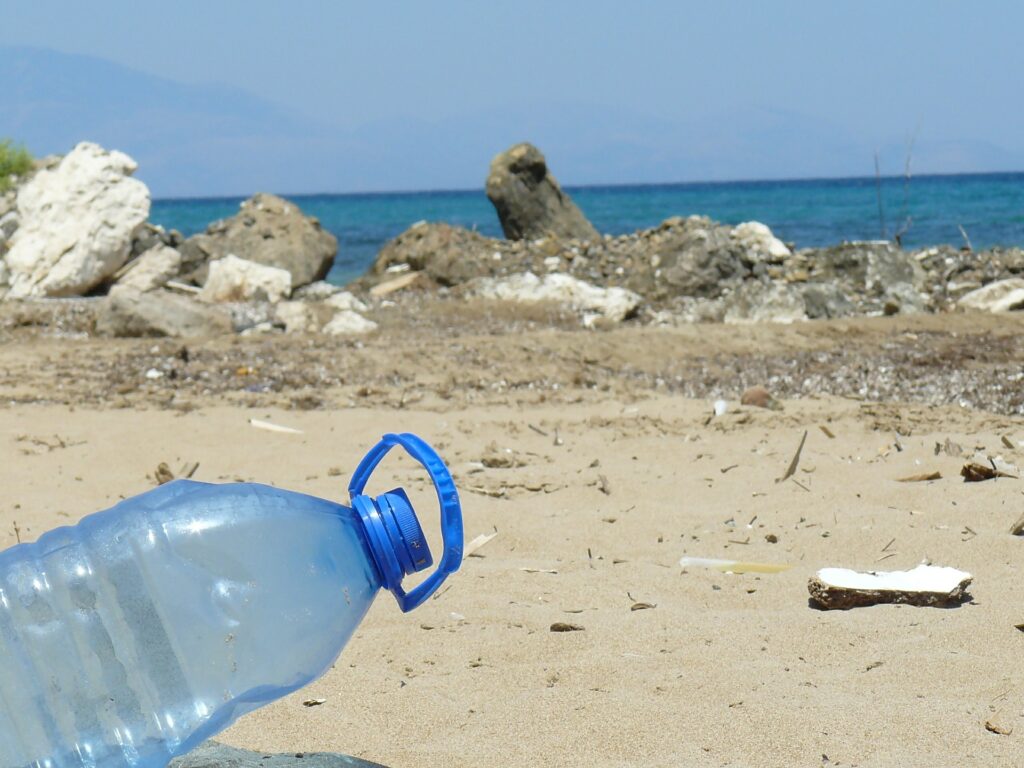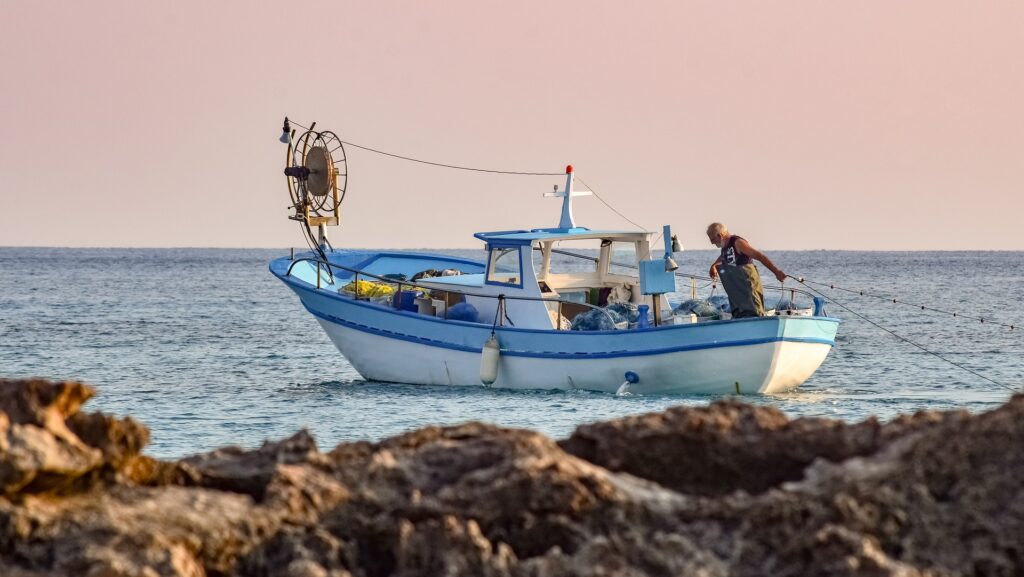The brief: Marine Litter

Litter is a major threat to marine biodiversity and healthy ecosystems. This is especially true in the Mediterranean Sea. For this reason, in this article we will be looking into this situation and what can be done.
The challenges regarding litter
Plastic pollution represents a transboundary problem. Thus, it requires global coordination and long-term multiple approaches to develop shared solutions. The Mediterranean Sea is strongly impacted by marine litter of different sizes found along the coastlines. This waste is found floating both on the surface and on the water column, down to the seafloor. Currently, the Med is one of the seas more affected by plastic pollution on a world scale, with record levels of microplastics.
Rivers are important pathways through which marine litter enters the coastal and maritime environment . Moreover, the semi-closed Mediterranean basin favors accumulation of litter to a greater degree than in the open oceans. It is estimated that plastics and microplastics account for 70-90% of the total composition of marine debris in this sea basin Approximately 0.57 million tons of plastic are released into Mediterranean waters every year. This is equivalent to 33.800 plastic bottles thrown into the sea every minute. About 62 million macro-litter items are estimated to be floating on the surface of the entire Mediterranean basin.
It has been largely demonstrated that marine litter directly affects living organisms. This is especially due to macro-plastics presence and micro-plastics ingestion, threatening marine species and consequently human health. Therefore, Mediterranean plastic pollution not only represents a serious risk for the local environment and human health, but also for the key economic sectors that rely on sea resources.

Situation and Solutions
Plastic litter in the Mediterranean coastal areas is usually found in the form of packaging, bags, wrappers, and fisheries-related objects. Main sources of marine litter include poorly managed urban waste. The Mediterranean region accounts for some of the largest amounts of Municipal Solid Waste generated annually per person and has insufficient waste processing infrastructure.
There is need for increased, long-term information and reliable knowledge. This should be based on marine litter and its impacts on biodiversity and humans for the whole Mediterranean. There is also need for clearly defined baselines and targets to measure trends and progress. A design for Life Cycle, upcycling and/ or recycling and eco labelling and Environmental Management Systems would also be an asset.
Advocacy for a litter-free blue economy can find an essential ally in youth across the region. It could offer new jobs as it opens for new niches and markets locally for new generation and women, currently not included in economic activities.
It is also necessary to implement improved waste management practices. Industry should continue its efforts to curtail virgin plastic use and increase plastic recycling to live up to their corporate social and environmental responsibilities. There is, at the same time, a need to promote best practices in connected fields (i.e. fisheries, tourism, diving, etc.)
Harmonized protocols for monitoring and assessing marine litter, effective cross-border and cross- sector cooperation and coordination are also necessary. Finally, there should be a clear commitment to circular economy approaches, including recycling and strict policies to combat plastic pollution. (This also means marking and retrieval of fishing gear.)

A source of this article is from the Union for the Mediterranean.
